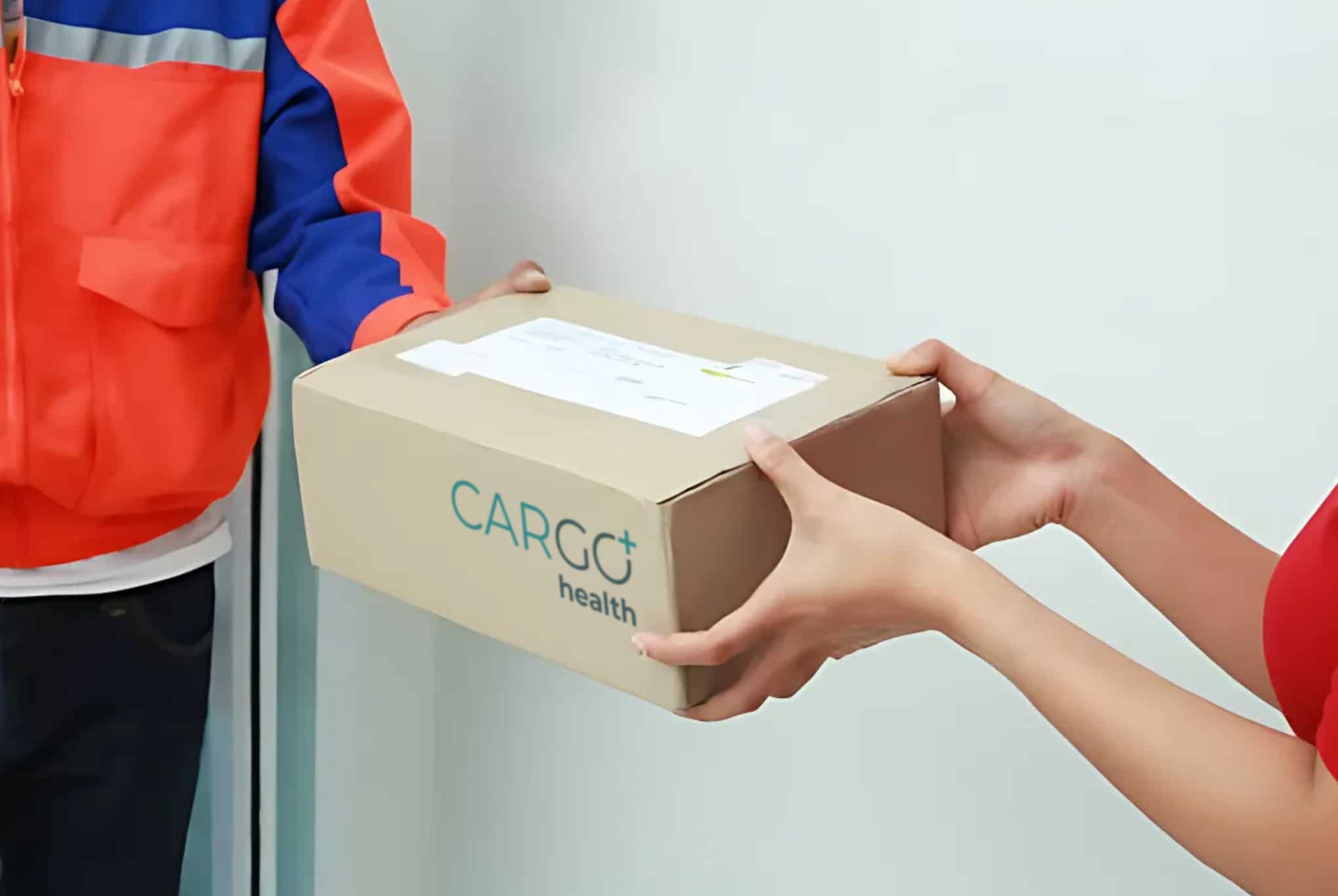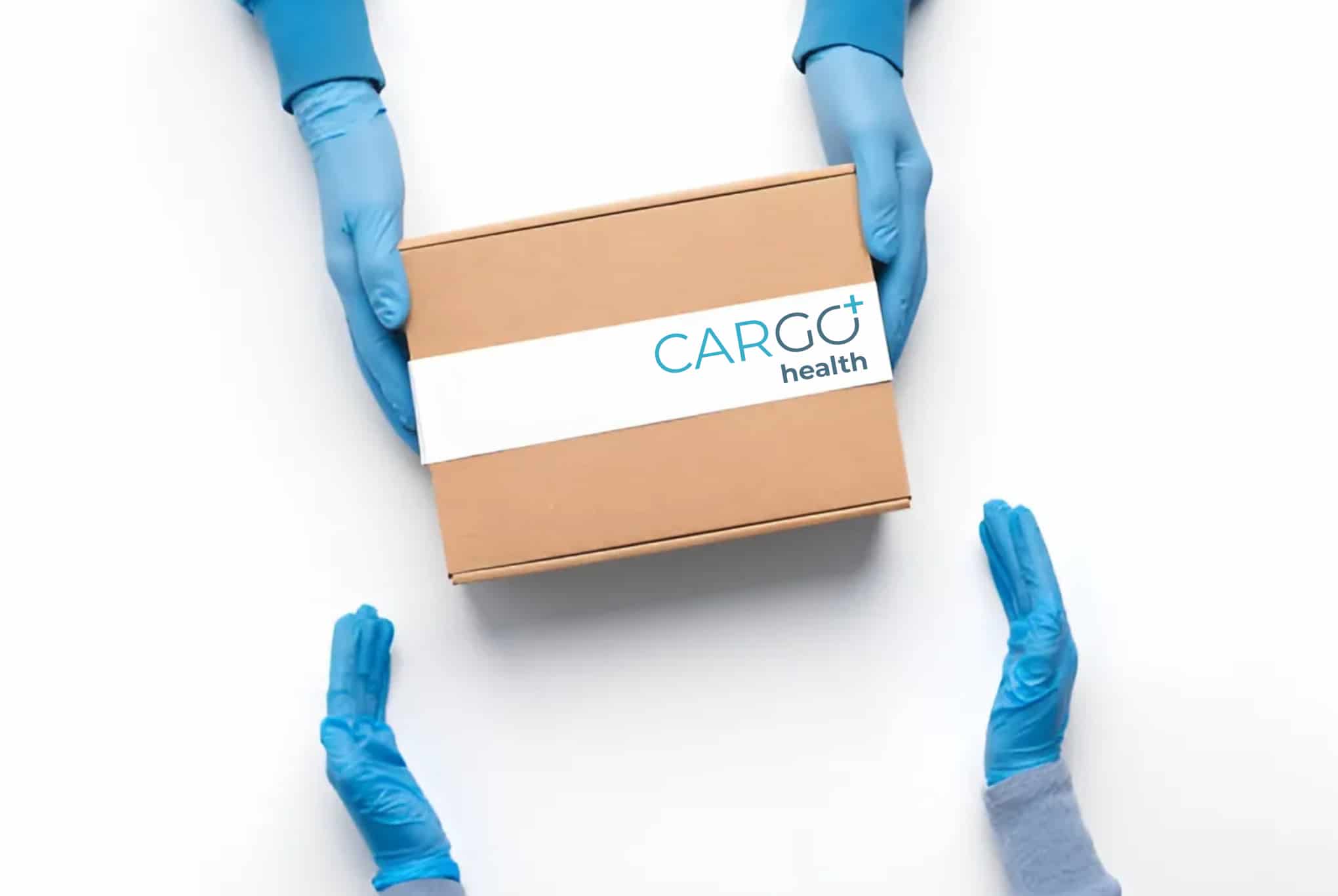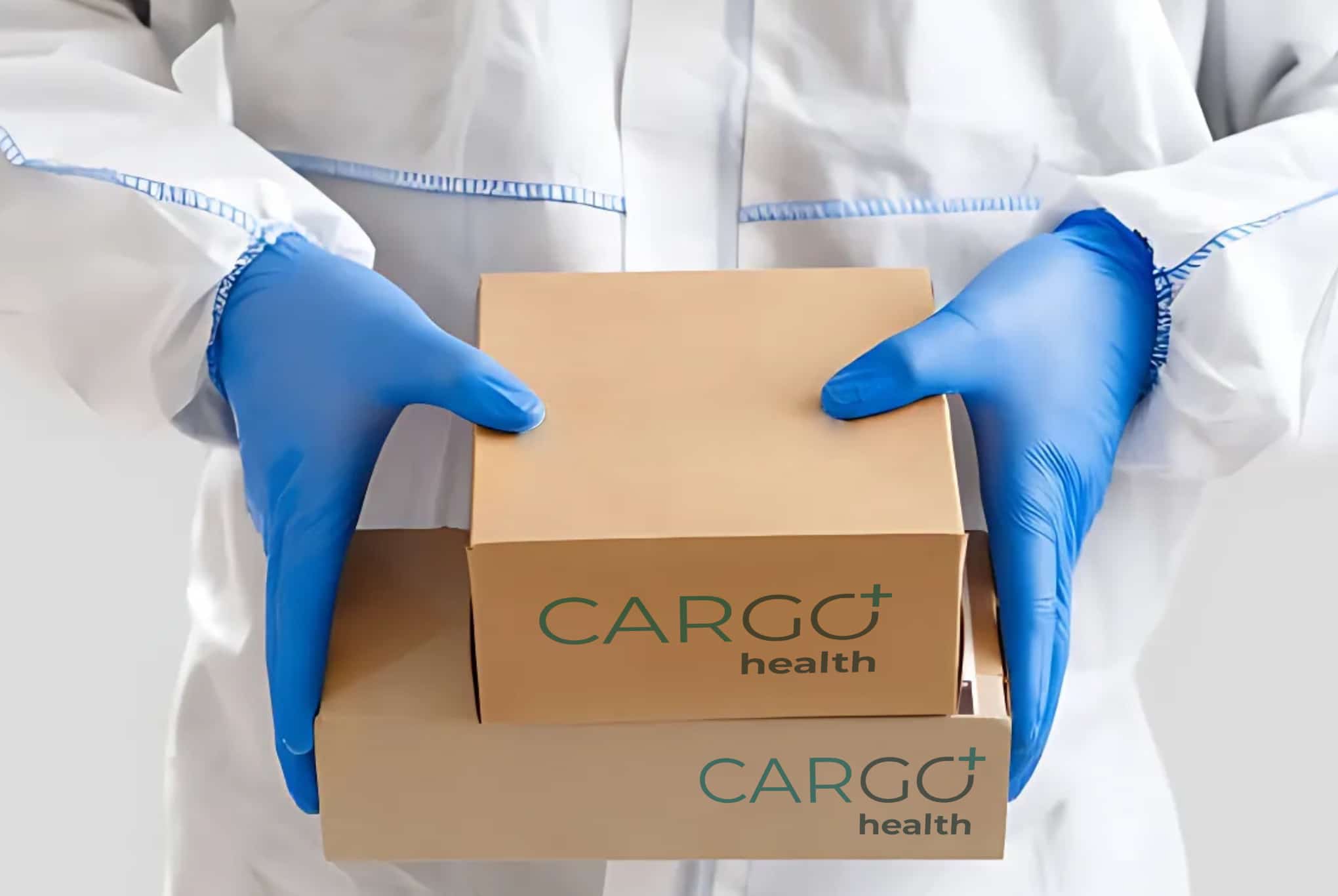Why Reliable Medical Couriers Are Essential for Patient Care

In modern healthcare, timely access to critical medical supplies, specimens, and pharmaceuticals plays a decisive role in patient outcomes. Behind the scenes, reliable medical couriers operate as an indispensable link in the healthcare supply chain. Their services are not just logistical; they are lifesaving. As healthcare systems grow more complex, the demand for dependable medical courier services becomes paramount for maintaining continuity of care and upholding quality standards.

Ensuring Time-Sensitive Deliveries
Medical couriers transport items that are highly time-sensitive, including laboratory specimens, diagnostic samples, and life-saving medications. Unlike standard delivery services, medical couriers follow stringent protocols to preserve the integrity of these materials, often adhering to specific temperature controls, chain-of-custody requirements, and biohazard regulations. A delayed or mishandled delivery can compromise patient diagnosis, treatment, and safety.
For example, specimens for diagnostic tests must reach laboratories within set timeframes to remain viable. Couriers trained in medical logistics are familiar with these deadlines and ensure the safe and rapid transfer of materials from clinics, hospitals, and diagnostic centers.
Specialized Equipment and Compliance
Medical couriers operate with specialized equipment such as temperature-controlled transport units and insulated packaging to protect sensitive items. Compliance with regulatory bodies like the Department of Transportation (DOT), the Clinical Laboratory Improvement Amendments (CLIA), and the Occupational Safety and Health Administration (OSHA) ensures that deliveries meet the highest safety and quality standards.
These couriers undergo rigorous training on handling biohazard materials, bloodborne pathogens, and patient-sensitive information under HIPAA guidelines. Their expertise in maintaining compliance reduces the risk of exposure and legal liabilities for healthcare institutions.
Supporting Patient-Centric Care
Reliable courier services contribute directly to patient-centric care by reducing wait times and improving access to critical treatments. Patients relying on home-based treatments, such as chemotherapy drugs or biologic therapies, benefit from the dependable delivery of their medications. For rural or underserved areas, medical couriers can bridge the gap, ensuring these communities receive the same level of care as those in metropolitan centers.
Reducing Healthcare Costs
Operational efficiency is another advantage of partnering with reliable medical courier services. Avoiding delays and errors in delivery reduces the need for costly replacements, emergency orders, or extended hospital stays due to postponed treatments. Additionally, well-coordinated logistics support just-in-time inventory systems, which prevent overstocking and reduce waste in hospitals and clinics.
Integrating Technology for Greater Precision
Advanced courier services integrate technology to improve tracking and communication. Real-time GPS tracking, route optimization software, and electronic delivery confirmation enhance accountability and transparency. Providers and patients can monitor the progress of time-critical deliveries, adding an extra layer of assurance.
Moreover, the integration of predictive analytics allows courier companies to anticipate disruptions—whether caused by weather, traffic, or infrastructure issues—and adjust delivery routes to maintain efficiency and reliability.
Final Thoughts
In the evolving landscape of healthcare, the role of medical couriers cannot be understated. Their ability to provide timely, secure, and compliant delivery services is essential for safeguarding patient health and ensuring operational success for healthcare providers. As healthcare continues to embrace innovation and decentralization, reliable medical couriers will remain critical to delivering quality patient care.








